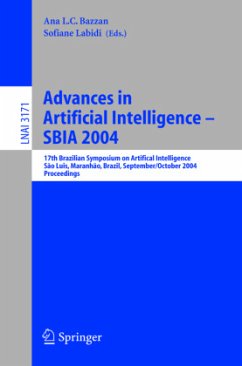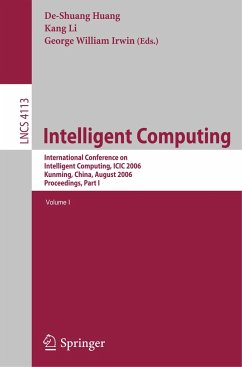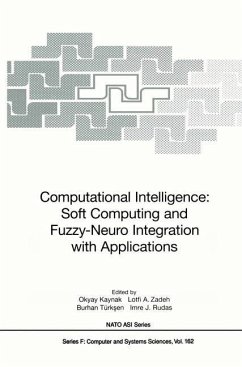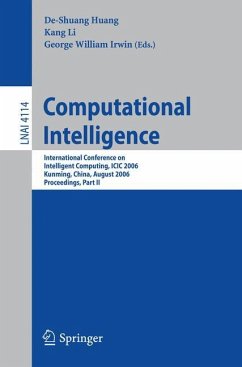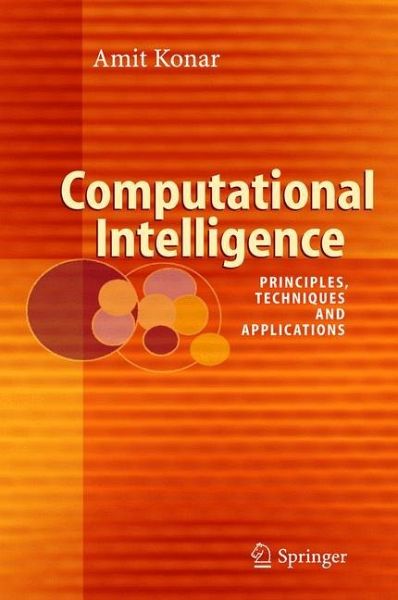
Computational Intelligence
Principles, Techniques and Applications

PAYBACK Punkte
45 °P sammeln!
Computational Intelligence: Principles, Techniques and Applications presents both theories and applications of computational intelligence in a clear, precise and highly comprehensive style. The textbook addresses the fundamental aspects of fuzzy sets and logic, neural networks, evolutionary computing and belief networks. The application areas include fuzzy databases, fuzzy control, image understanding, expert systems, object recognition, criminal investigation, telecommunication networks, and intelligent robots. The book contains many numerical examples and homework problems with sufficient hints so that the students can solve them on their own. A CD-ROM containing the simulations is supplied with the book, to enable interested readers to develop their own application programs with the supplied C/ C++ toolbox.



